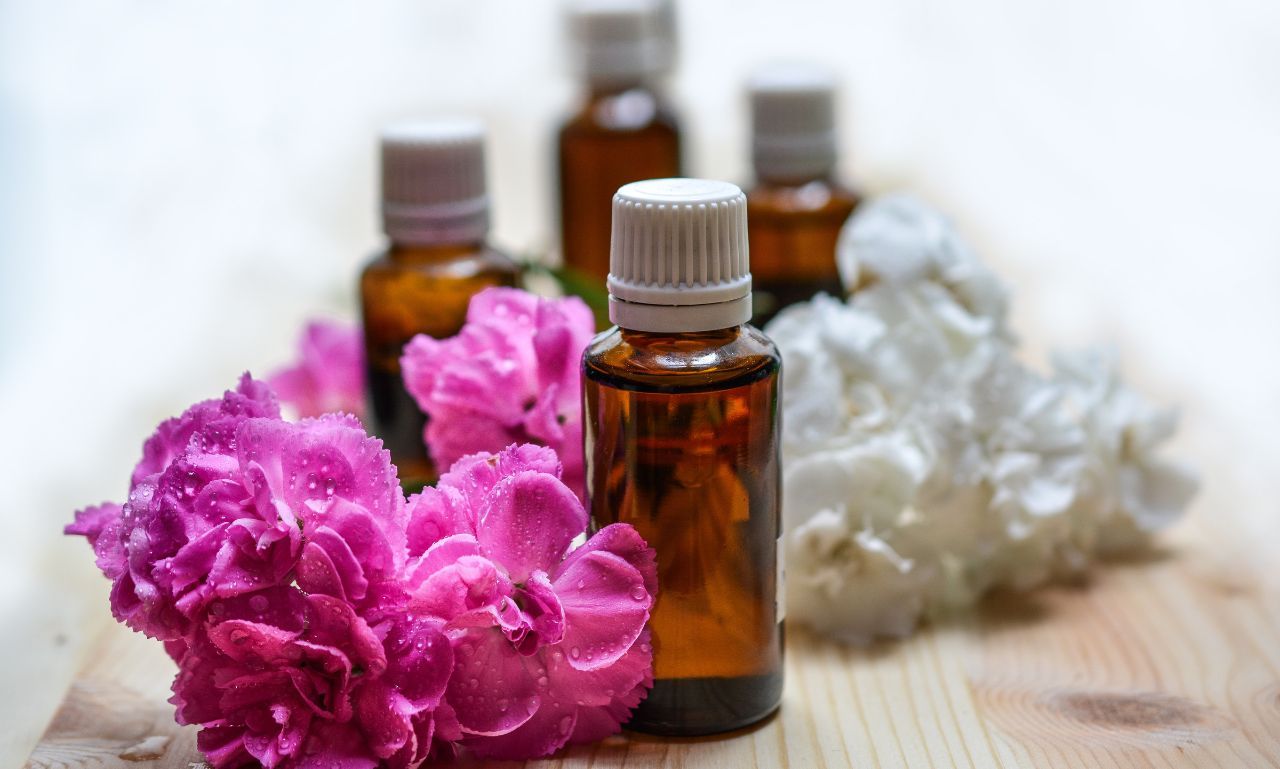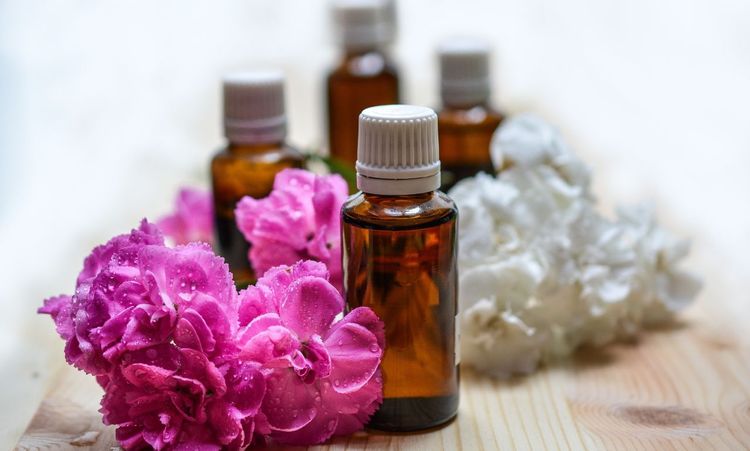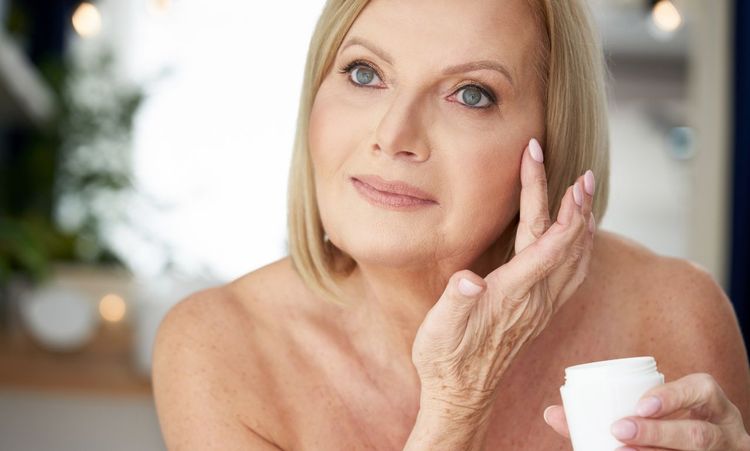Your daily shower is more than just a routine; it's a sanctuary where you can wash away the stress and prepare for the day ahead or unwind after a long one. By integrating essential oils into your showering routine, you can amplify this experience, infusing it with aromas that not only make you feel good but also offer numerous health benefits. Whether you're seeking relaxation, invigoration, or skin nourishment, essential oils can be tailored to meet your specific needs. Let’s delve into the world of essential oils and explore how you can use essential oils in the shower to elevate your daily cleansing ritual.
Understanding Essential Oils
Essential oils are concentrated plant extracts obtained through processes like distillation or cold pressing from various parts of plants, including flowers, leaves, bark, and roots. Each oil carries the "essence" of its source, encapsulating its unique aroma and therapeutic properties. Unlike synthetic fragrances, essential oils offer a natural approach to enhancing both your physical and emotional well-being.
The Science Behind Essential Oils

The power of essential oils lies in their chemical composition, which consists of various compounds such as terpenes, alcohols, esters, and ketones. These compounds interact with your body in multiple ways:
- Aromatherapeutic Effects: When inhaled, the volatile compounds in essential oils stimulate the olfactory system, sending signals to the brain's limbic system, which regulates emotions and memory.
- Topical Absorption: Applied to the skin, essential oils can penetrate the epidermis and reach deeper layers, potentially offering benefits like improved skin health or muscle relaxation.
Understanding these interactions is key to maximizing the benefits of how you can use essential oils in the shower.
Benefits of Using Essential Oils
Incorporating essential oils into your shower routine can offer a myriad of benefits, including:
1. Enhanced Mood and Emotional Well-Being
Aromas like citrus, mint, and eucalyptus can invigorate your senses, boosting energy levels and improving mood. Conversely, lavender, chamomile, and sandalwood are known for their calming and stress-relieving properties.
2. Improved Respiratory Health
Essential oils such as eucalyptus, peppermint, and rosemary can help clear nasal passages and alleviate congestion, making breathing easier, especially during seasonal changes or colds.
3. Skin Health and Hydration
Some essential oils possess antibacterial and anti-inflammatory properties that can benefit your skin. Oils like tea tree and lavender can help manage acne, while carrier oils like coconut or jojoba oil, when combined with essential oils, can provide deep hydration.
4. Hair Care Benefits
Essential oils like rosemary and lavender can promote hair growth, reduce dandruff, and enhance overall hair health when used in your shower products.
5. Detoxification and Relaxation
A hot shower infused with essential oils can help relax muscles, relieve tension, and support the body’s natural detoxification processes through sweat.
By understanding the diverse benefits, you can tailor how you can use essential oils in the shower to address your specific needs and preferences.
Selecting High-Quality Essential Oils
The effectiveness and safety of essential oils largely depend on their quality. Here's what to look for when selecting essential oils for your shower routine:
1. Purity and Authenticity
- 100% Pure: Ensure the oil is labeled as 100% pure, without any synthetic additives or fillers.
- Therapeutic Grade: While not a regulated term, oils marketed as therapeutic grade are typically of higher quality.
2. Extraction Method
- Steam Distillation: This method preserves the oil’s natural properties without introducing chemicals.
- Cold Pressed: Mostly used for citrus oils, this method maintains the integrity of the plant's volatile compounds.
3. Source and Sustainability
- Ethically Sourced: Choose brands that prioritize sustainable harvesting practices to protect plant populations and ecosystems.
- Origin Transparency: Brands that disclose the origins of their oils often maintain higher quality standards.
4. Packaging
- Dark Glass Bottles: Essential oils should be stored in dark-colored glass to protect them from light, which can degrade their quality.
- Tight Seals: Ensure the bottle has a secure, airtight seal to prevent oxidation and preserve the oil’s potency.
5. Certification and Testing
- Third-Party Testing: Look for oils that have been tested by independent laboratories for purity and potency.
- Certifications: Certifications like USDA Organic or Non-GMO Project Verified can indicate higher quality standards.
By choosing high-quality essential oils, you maximize the benefits and safety of how you can use essential oils in the shower.
Safety Precautions
While essential oils are natural, they are potent and must be used with care to avoid adverse reactions. Here are essential safety precautions to consider:
1. Dilution is Key
Never apply essential oils directly to the skin without dilution, as this can cause irritation or allergic reactions. Always mix them with a carrier oil or incorporate them into your shower products properly.
2. Conduct a Patch Test
Before using a new essential oil, perform a patch test by applying a diluted version to a small area of skin to check for any adverse reactions.
3. Avoid Contact with Eyes and Sensitive Areas
Essential oils can cause irritation if they come into contact with the eyes or other sensitive areas. Ensure careful application to prevent accidental exposure.
4. Consult with a Healthcare Provider

If you are pregnant, nursing, have underlying health conditions, or are taking medications, consult with a healthcare professional before using essential oils.
5. Store Properly
Keep essential oils out of reach of children and pets, and store them in a cool, dark place to maintain their quality and prevent accidental ingestion.
By adhering to these safety guidelines, you can enjoy the benefits of how to use essential oils in the shower without risking your health.
Conclusion
Incorporating essential oils into your shower routine is a simple yet effective way to enhance your daily cleansing ritual, providing both physical and emotional benefits. By understanding the types of essential oils available, selecting high-quality products, adhering to safety precautions, and experimenting with various application techniques, you can transform your shower into a personalized sanctuary tailored to your needs.
Whether you seek an invigorating start to your day, a calming end to unwind, or targeted benefits for your skin and hair, there’s an essential oil blend that can help you achieve your goals. Embrace the aromatic potential of essential oils and discover the myriad ways you can use essential oils in the shower to elevate your well-being and make every shower a delightful experience.




